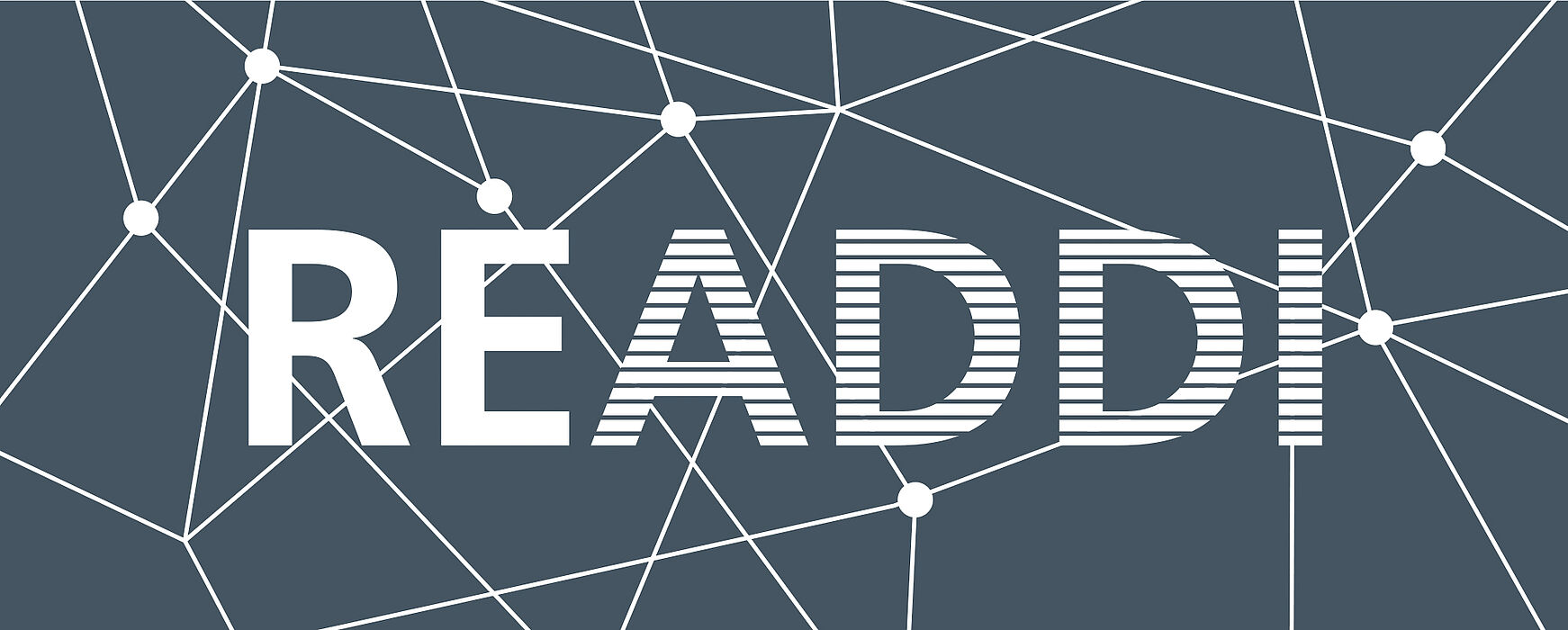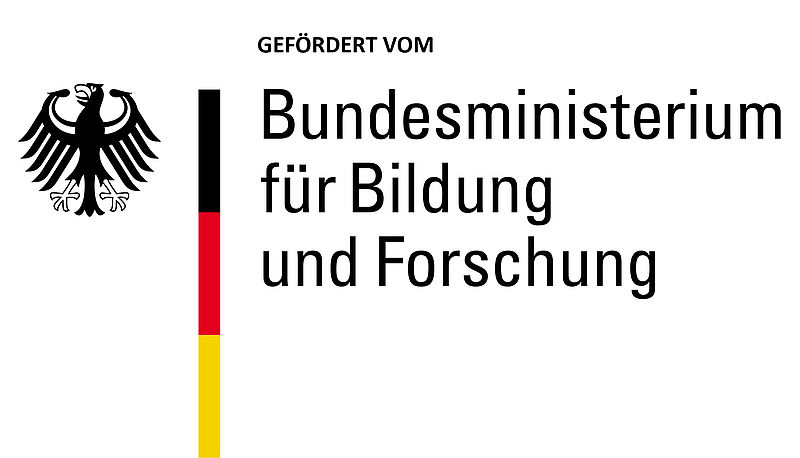The Federal Ministry of Education and Research (BMBF) supports the project “Intelligent-controlled additive manufacturing process chain using simulative and experimentally determined component, material and process data”. The overall budget, in a consortium led by Mercedes-Benz AG, is approximately 13.3 Mio. Euro. The Paderborn University is represented by the Chair of Design and Drive Technology (KAt) of Prof. Dr.-Ing. Zimmer and the Direct Manufacturing Research Center (DMRC) under the responsibility of Dr.-Ing. Lindemann.
In additive manufacturing, laser powder bed fusion (LPBF) is on the threshold of being used in industrial series production. Having been used in prototype production for many years, it has become a more and more established process for small series production of motor sports components and spare parts. A wide range of applications in the series production of the automotive industry is becoming relevant, especially in the premium segment and for specific components in derivatives. However, LPBF should not be seen as an isolated process, but rather as an important step in a whole process chain extending from part design, powder supply, and the actual LPBF process to post-processing. A major obstacle in further expanding such process chains is the lack of vertical and horizontal data integration and the insufficient coordination of design parameters along the process chain. Nevertheless, data integration must be seen as an exigence for safe production, opening further optimization potentials in the hybrid additive process chain, so that the requirements of automotive series production can be met.
Regarding the implementation of a series production of additive manufactured parts in the automotive industry, one aim of this project is the realization of a prototypical line integration. Therefore, suitable in-line and in-process measurement technologies will provide feedback from the individual steps of the process. Thereby, in conjunction with suitable algorithms, a control of the individual process parameters in the LPBF process chain can be implemented. For example, information of the LPBF process about geometrical accuracy or part status can be used in the final machining process to ensure optimal and reproducible technical functionality of the finished part. The materials used in series production will be specifically attuned to the needs of the applications. To ensure the robust and safe processing of different material, a new type of heating system is developed and integrated into the machine. For an economical production, the system technology is automated at the key points. Therefore, appropriate system and factory concepts will be designed and implemented for partial automation. In order to realize control of the whole process chain and configuration of all parameters, a data integration will be implemented in the planned serial production. For this purpose, all parts of the process chain including the part design, the powder, the LPBF process itself and the post-process are connected and a vertical and horizontal data integration will be achieved.


